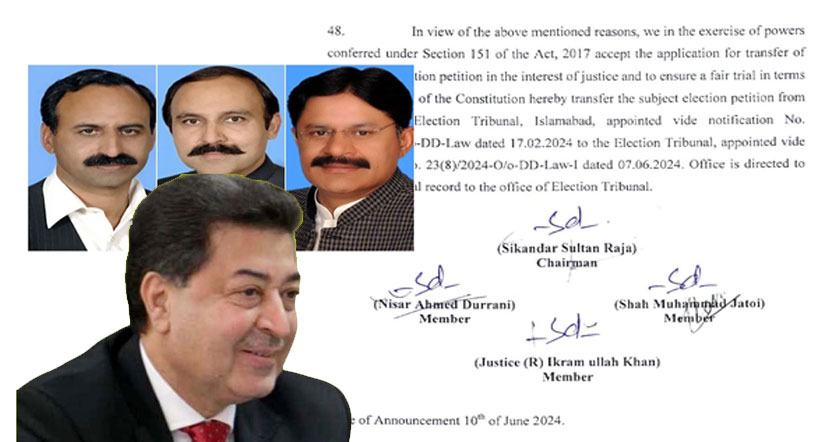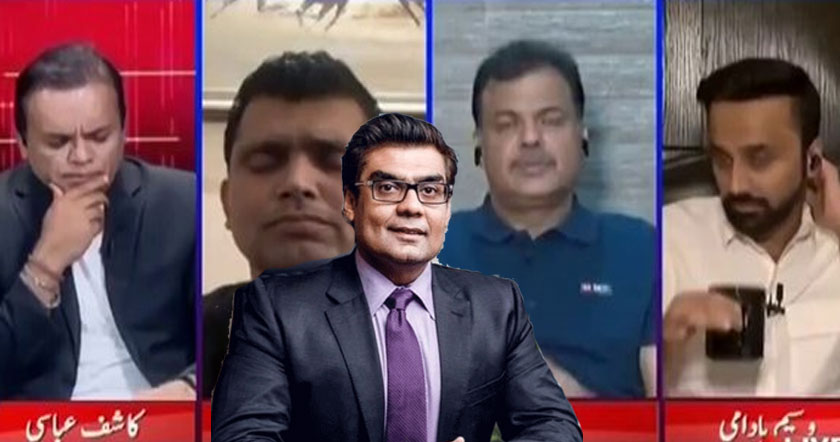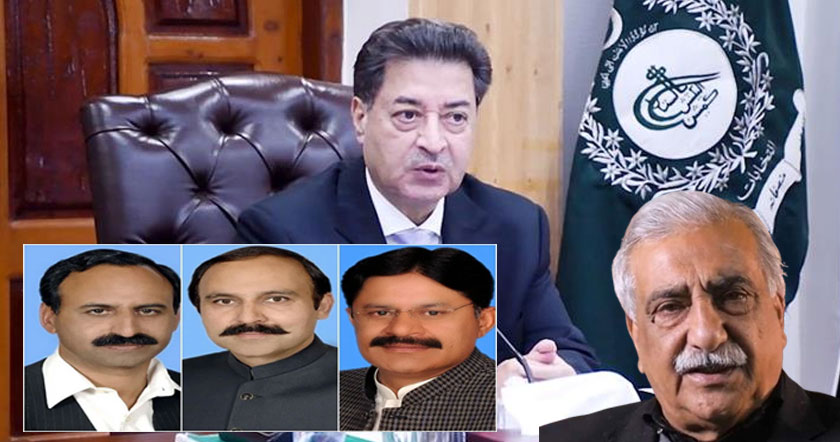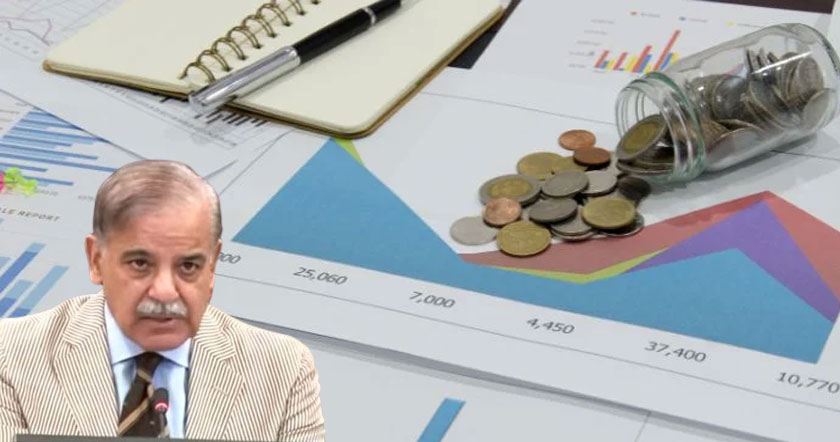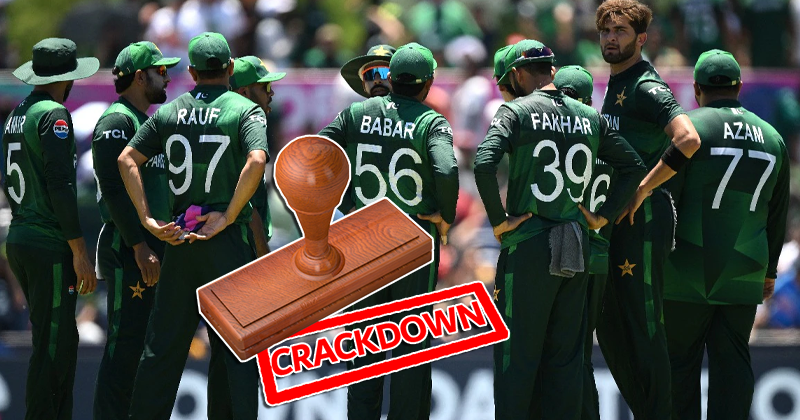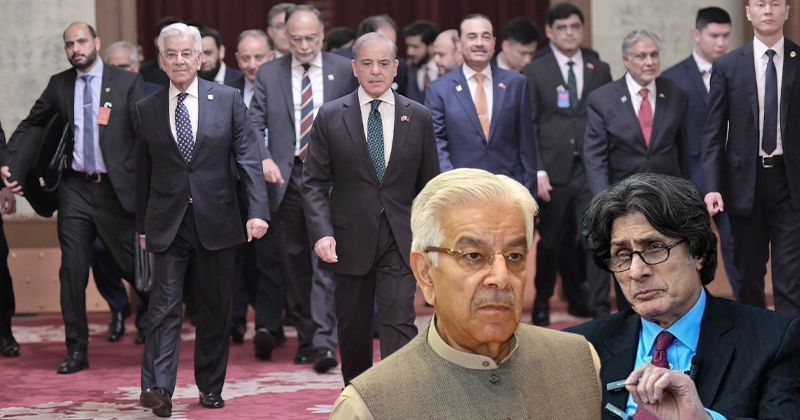
A screenshot of the Legatum Institute's 2011 Prosperity Index website showing Pakistan's
ranking. Photo from http://www.prosperity.com
Report at DAWN News,
Posted By Madiha Sattar
http://www.dawn.com/2011/11/02/pakistan-among-bottom-5-on-income-wellbeing-ranking.html/print/
KARACHI: An index that measures prosperity as a function of both income and wellbeing for 110 countries around the world has placed Pakistan fourth from the bottom, below Sudan and Yemen.
At 107, Pakistan is ahead of only Ethiopia, Zimbabwe and the Central African Republic. In the Asia-Pacific region, it is ranked last out of 22 nations.
London-based research organisation Legatum Institute [1] released on Tuesday the 2011 Legatum Prosperity Index [2], in which countries are ranked in eight areas before being given an overall prosperity rank.
Nordic countries dominate the overall rankings, with Norway and Denmark bagging the top two spots and Sweden and Finland also appearing in the top 10. Others in that group include Australia, New Zealand, Switzerland, the Netherlands and, lastly, the United States
Pakistan is listed at 86 for Entrepreneurship & Opportunity, 96 for both Economy and Health, 98 for Governance, 100 for Social Capital, 104 for Personal Freedom, 105 for Education and 109 for Safety & Security. In this last category it is preceded by Colombia and followed only by Sudan.
The numbers for Social Capital and Personal Freedom may provide some cause for scepticism. As the report itself admits, Pakistan has relatively strong social networks, and at times these have functioned as private social welfare nets. And the Personal Freedom score seems low compared to some other countries listed above Pakistan, such as Saudi Arabia, China and Syria.
. Some of the reasons listed for Pakistans poor performance include an unstable economy with uncertain growth prospects, limited access to technology, income inequality, lack of competition and accountability in the political system, limited spending on public health, low school enrolment rates and poor quality of education, political violence, demographic pressures, and limitations on civil liberties.
There are few bright spots in the Pakistan analysis, but the report does claim that start-up costs for new businesses are moderate in the global context, that Pakistan has relatively strong family and religious networks and a moderate level of social cohesion, and that despite poor social and economic indicators, two-thirds of Pakistanis, or about the global average, say they are satisfied with their standard of living. The statistics used to arrive at these rankings include both objective data such as inflation, life expectancy, pupil-to-teacher ratios, and crime, marriage and emigration rates, and subjective input such as opinion surveys, particularly the Gallup World Poll, and expert evaluations.
Pakistans performance on many of these statistics paints a bleak picture. The country ranks 85th for citizens ability to afford food and shelter, 105th for political stability and 103rd for infant mortality (7 per cent). Per-capita spending on healthcare is the 10th lowest in the world and Pakistan has the 11th highest rate of emigration of intellectuals, professionals, political dissidents and members of the middle class.
But Social Capital measures are positive; about half of Pakistanis surveyed had donated to charity, for example, and the country is ranked 24th in terms of people volunteering their time for an organisation.
On the composite rankings, however, Pakistans performance is considerably worse than on others that have a narrower focus, including GDP per capita, Transparency Internationals Corruption Perceptions Index, the World Economic Forums Global Competitiveness Index and the United Nations Development Programmes Human Development Index.
India dropped 13 places to number 91, more than any other country except for Nicaragua. Its ranking was affected by such factors as high business start-up costs, income inequality, low school enrolment, poor healthcare, and political violence, displacement and crime.
China beat the US economically but has an overall rank of 52, dragged down by low performance on Personal Freedom and on Safety & Security, including state-sponsored violence and repression against specific groups.
The report also offers a number of international comparisons: sub-Saharan Africans are relatively optimistic about entrepreneurial opportunities but are held back by poor infrastructure; Turkey may look like a role model for Arab Spring countries but Indonesia and Malaysia provide better models of economic growth; a comparison of EU member states reveals vast gaps between richer and poorer states on a number of economic and social dimensions and thus points to the failures of European integration; and countries in the Americans perform better on income than on life satisfaction, while in Asia Pacific the reverse is true.
The richest countries are not necessarily the happiest, with Norway outranking Germany, Canada outranking the US and China lagging far behind Singapore. And according to this broader measure, despite the 2008 financial crisis, the majority of countries in the world have become more prosperous rather than less over the last two years.






















